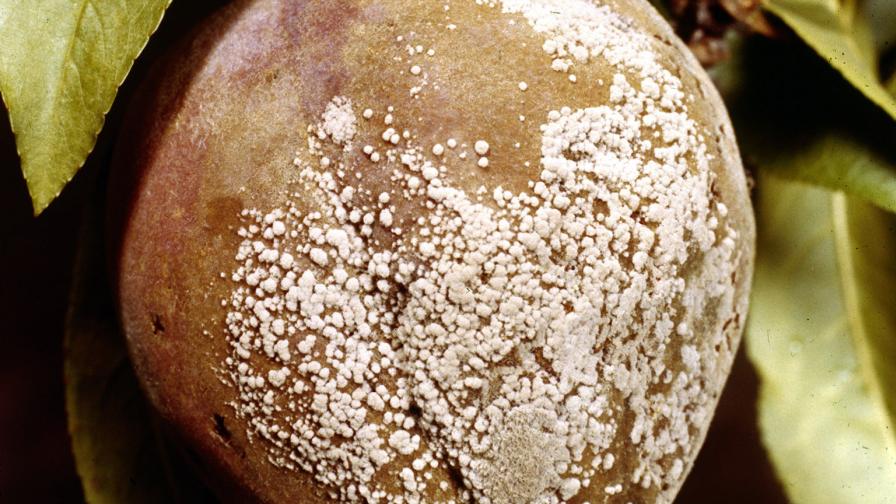The Last Word: Fixing Food Safety
Over the last few months the American food supply has been rocked, yet again, by incidents of foodborne illness. In one case, the culprit — Salmonella-contaminated peanut butter — infected more than 600 people, reaching into almost every state in the union. More recently, concerns have arisen over the possible contamination of pistachio nuts.
These are unfortunate reminders of how badly our food safety laws need reform. Last month, Congressman Jim Costa (D-CA) and I introduced a bipartisan bill with broad-based support, the Safe Food Enforcement, Assessment, Standards and Targeting Act, or “Safe FEAST Act,” to modernize our food safety network to ensure the highest level of food safety standards for our nation’s food supply.
Clearly there are significant vulnerabilities in our food supply, and there is an urgent need for Congress to pass legislation to fix the system. In January 2009, the Government Accountability Office (GAO), which is the federal government’s nonpartisan watchdog, again listed food safety in its biennial “High Risk” report highlighting the areas of the federal government with the most immediate need for attention and reform.
There are currently 15 agencies sharing jurisdiction over at least 30 food-related laws. Additionally, according to GAO, the FDA oversees 80% of our nation’s food supply, but its expenditures account for less than a quarter of the food safety budget. This patchwork system of governance exacerbates an already outdated and inefficient food safety system, leaving Americans at grave risk. It is an example of Washington bureaucracy at its worst.
The GAO’s findings should not surprise anyone, since the peanut butter Salmonella outbreak follows a long-list of massive recalls over the last several years, including tomatoes, peppers, cantaloupes, spinach, and lettuce. The system is so backwards that upstanding industries are occasionally punished by mistake. Last year’s tomato recall cost tomato growers in Florida and throughout the U.S. hundreds of millions of dollars in sales, even though the real culprit turned out to be jalapeño peppers from Mexico.
The Safe FEAST Act builds on legislation that Congressman Costa and I introduced in the previous Congress. Our bill would place new mandatory food safety requirements on food companies domestically and abroad while also requiring them to conduct food safety risk analyses to identify potential problems as well as outline appropriate safety controls. It would also give FDA statutory power for the first time to recall contaminated food, which is authority FDA has long sought from Congress. Furthermore, the bill strengthens coordination between federal, state, and foreign food safety efforts and provides tools for more effectively monitoring high-risk products.
I hope my colleagues in the House and Senate will listen to the repeated warnings and finally get serious about food safety reform. The Safe FEAST Act represents a bipartisan, pragmatic approach to addressing this critical problem. There are a number of pressing items on Congress’ plate right now, but that is no excuse for procrastination. We need to work together on this issue to ensure the integrity of this vital system and restore people’s confidence in the safety of what they are putting on their supper tables every night.










